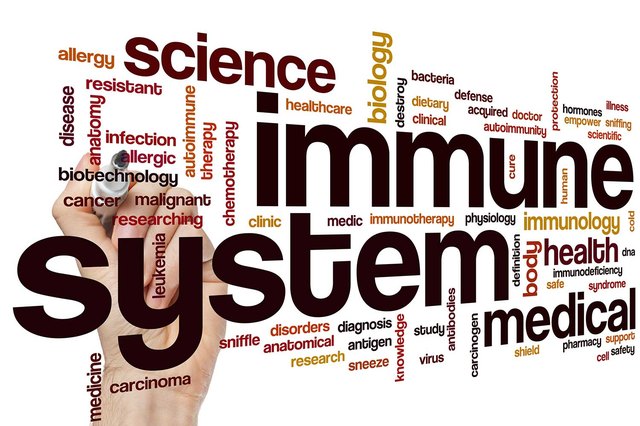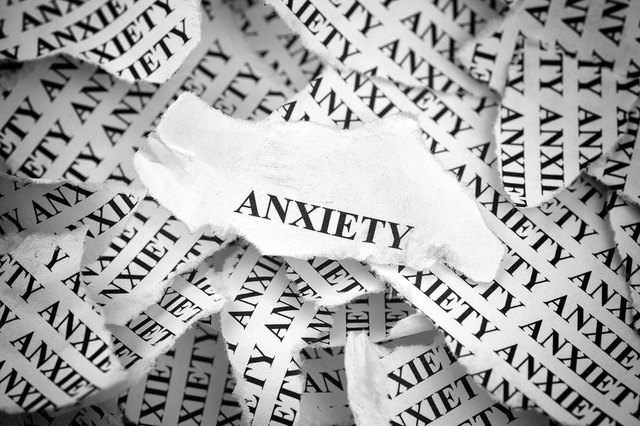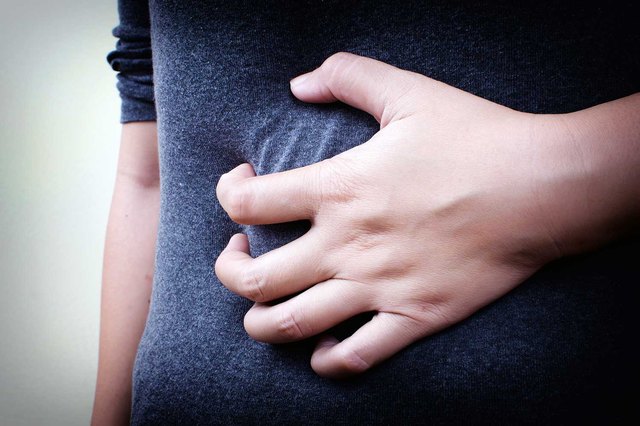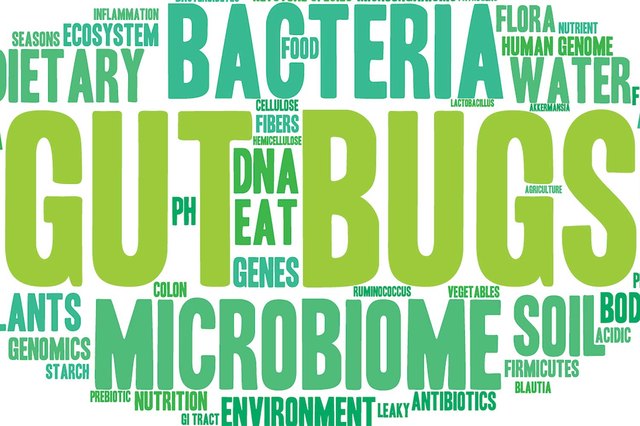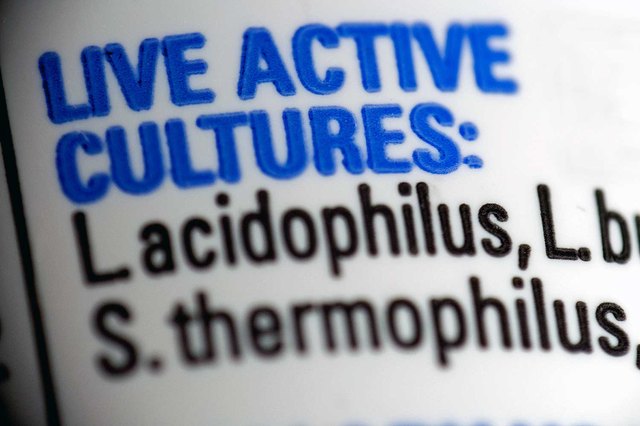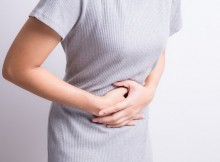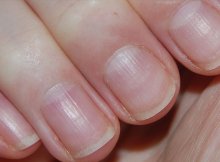Seven signs that your intestines are abnormal
Advertisements

Advertisements
it's time to have an intestinal exam - really. " It's not as easy to figure out if your gut is healthy as people think. This is because, according to CNS, Scott Schreiber, D.C., chiropractor and clinical nutritionist, "symptoms and signs of unhealthy bowel do not only include swelling, constipation or diarrhea." The gut is a complex organ. Thanks to our progress in the analysis of intestinal microflora, researchers began to understand the degree of complexity and found a link between intestinal health and the health of its dear host (US). Are your intestines healthy? Read on to some surprising signs that it's unbalanced - and how to deal with it.
Credit: stocksy Credit: lculig / Adobe Listen Now: Marie forleo shares her tips for avoiding burnout. Three. Do you get fat easily? We are not sure that the intestinal microflora has led to the whole phenomenon of "a moment on the lips, a lifetime on the buttocks", but there are differences between the intestinal microflora of obese and healthy people, which the researchers think is a connection, even if they are not completely sure. Humans are much more complex than mice, but think about how sterile mice become obese when they get microbiota from obese people, even though they eat less, perhaps because they can absorb more calories and store them. Interestingly, a study published in the journal Nature found that after obese people improved their diet and exercise, the balance of intestinal microflora began to become more like that of lean people. The gut brain axis may also be involved in signaling satiety and appetite regulation to the brain. Advertisements Credit: airborne77 / Adobe Credit: Credit: Arlo / Adobe stock Credit: lzf / iStock / Getty Images Advertisements 1. Do you get sick easily? The digestive system is the largest and most complex part of the human immune system. Among other things, the balanced gut includes microbes that secrete chemical messengers that let immune cells (T cells) know how to protect us from pathogens (bad bacteria) and foreign substances. Having a lot of good bacteria can also protect us, because if we have enough space, those opportunistic STDs that may overgrow will leave less real estate. "The immune system is mainly built in the gut, so if you find yourself often sick, you may need more good bacteria in the gut to help you," king said.
2. Does your joint hurt? Rheumatoid arthritis (RA) is an autoimmune disease that attacks the joints. The cause of RA is not clear. The researchers think the answer may lie in the gut microbiome, perhaps because the gut is an important part of the immune system. The idea that gut microbiota can affect immune responses outside the digestive system is new, but as reported in nature review of rheumatism, this idea has been confirmed in animal studies. Recent research results show that the microbial population in patients with rheumatoid arthritis is unbalanced, assuming that the wrong bacterial population overgrows, leading to inflammation. King further noted that rheumatoid arthritis is often associated with other autoimmune diseases, such as celiac disease or inflammatory bowel disease.
5. Do you feel anxious? There is strong evidence that gut and brain communicate with each other. A recent paper, published in the gastroenterology chronicle, concluded that gut microbes influence our response to stress and anxiety by regulating brain chemistry. "The gut is the body's second brain," king said. "Research is beginning to show that people with anxiety and depression have changed their gut flora." Some probiotics can reduce stress-related cortisol levels and anxiety behaviors, the gastroenterology paper reported. Although King pointed out that "research is still going on to find out which good bacteria are good for our brain." The merits of
6. Are you allergic to food? The sensitivity of food is varied and has its own mysterious world. King agrees, saying: "it's always a mess, and it can be hard to be sure if you don't keep food and symptom records." She recommends working with a registered dietitian, a nutritionist (RDN), to help determine which foods can cause problems. What experts in this field know is that promoting good bacteria in the gut can help solve some food sensitive problems, such as lactose intolerance. An article in the British Journal of nutrition points out that f probiotics help people who have trouble absorbing lactose.
7. Do you have any stomach problems? Due to intestinal health problems, the common GI diseases are abdominal distention, bloating, diarrhea, constipation, abdominal pain and cramps. They are common, so it's not easy to find out why. Symptoms can be caused by many factors, such as food poisoning, side effects of drugs, or an unhealthy balance of microbiota. These symptoms may be caused by irritable bowel syndrome, which is caused by some microbial imbalance, which may be caused by infection or antibiotics. These symptoms may also be part of inflammatory bowel disease, in which imbalance of microbiota may lead to inflammation and immune response.
how to get healthy intestines, such as eating according to the recommendations of American Heart Association, American dietary guidelines, World Health Organization and other health institutions. For example, eat more agricultural products, less meat and sugar. Dr. Schreiber said the bottom lineIt's better to eat. If this is not enough and the symptoms persist, know when to ask for help. Registered dietitian (RDN) can help you design a special therapeutic diet, while gastroenterologists can help diagnose and treat gastrointestinal diseases.
how to become a probiotic expert is to have a large number of good bacteria (probiotics) and feed them with the right fuel (prebiotics). King recommends some prebiotics such as asparagus, apples, garlic and onions. To increase your probiotic population (good bacteria), Kim recommends adding probiotic foods to your diet, such as yogurt, pickles, and miso. "Taking probiotics may also help," king said. Try to recycle all kinds of probiotics from the recommended brands in order to reach all kinds of microorganisms. How happy is your gut? Are these signs applicable to you? If so, which one and how many? Do you eat probiotics? Which one suits you? Please let us know in the comments below.
